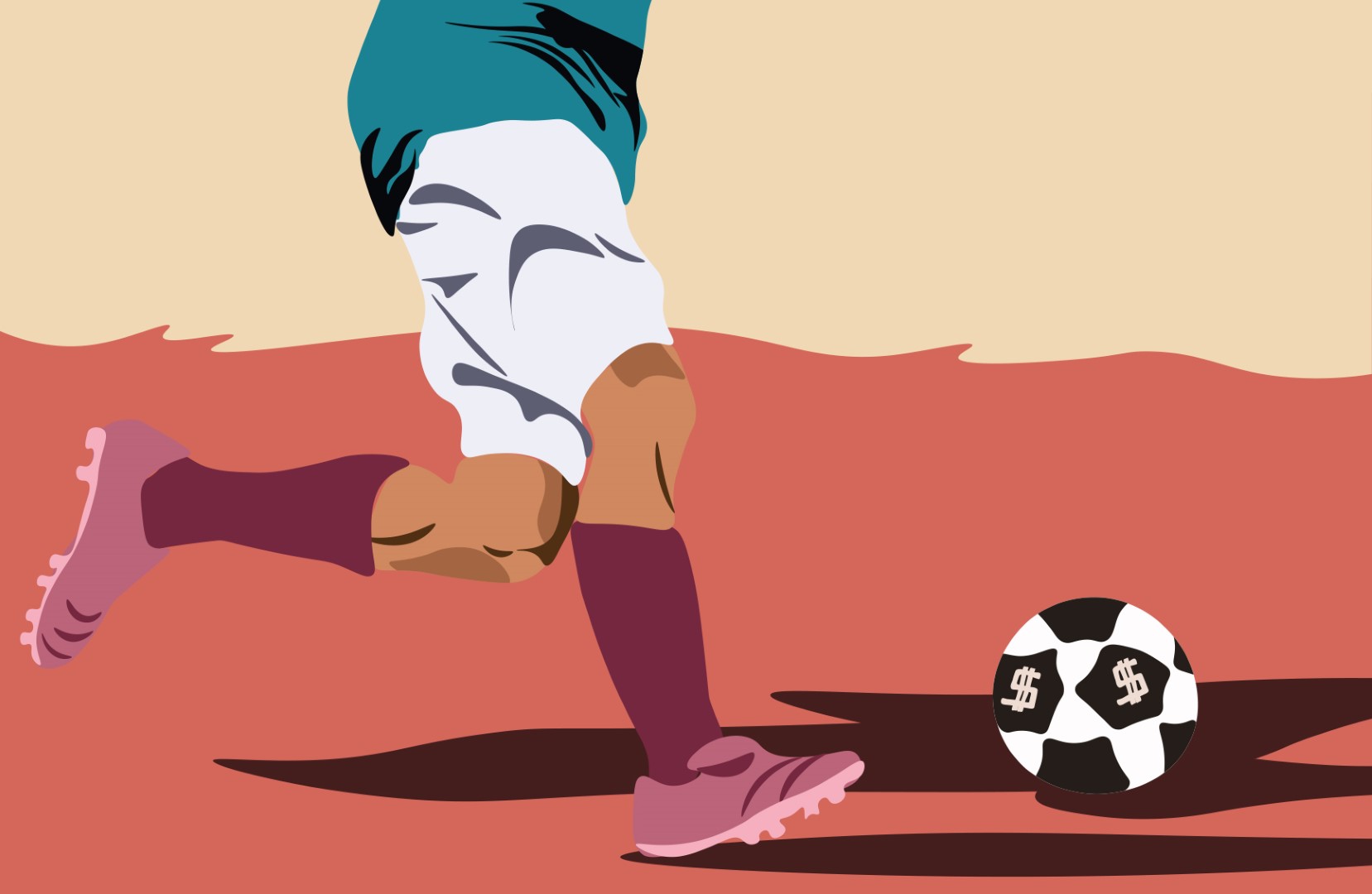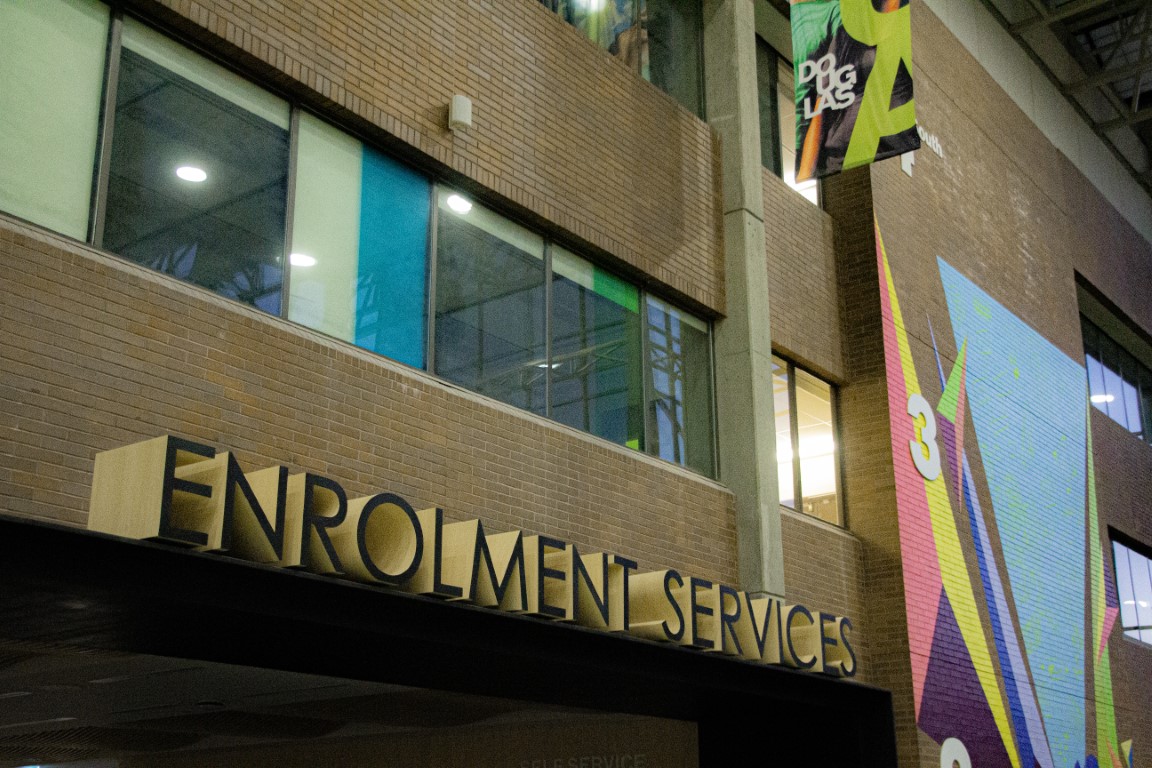
DSU Aboriginal Students’ Collective welcomes involvement from allies
By Aaron Guillen, Staff Reporter
As an Aboriginal woman and co-president of the collective, Natasha Webb takes pride in the time and effort she invests in building a community amongst members, students, and allies at the DSU Aboriginal Students’ Collective. In addition, the collective has regarded itself as a great support system for networking, skill building, cultural learning, and volunteer opportunities.
“Sonia Keshane, a former student, and her colleagues founded this collective a few years ago after recognizing the needs and desires of Aboriginal students on campus,” said Webb.
“Following her graduation, the collective quieted for a year, only to be passed on to Sara Hotomanie and I as co-presidents. This will be our last year at Douglas, and we saw the importance in creating something sustainable for future Aboriginal students coming to this school. We are a small collective with currently five executives and eight active members. We meet at a minimum once a month at both campuses and weekly for online meetings. Not having a regular scheduled time, we utilize social media and group email to regularly promote upcoming meetings and events.”
The DSU Aboriginal Students’ Collective has built a partnership with the Douglas College Students’ Union and Student Life offices, coming together on the Sister’s in Spirit lantern vigil, an annual event of remembrance for missing and murdered Indigenous women across Canada. Several cultural activities are in the works, including monthly sweats at a community sweat lodge. Currently, smudging, an ancient and sacred practice used for restoring energy and healing, is in the Aboriginal Student Lounge every Wednesday at 4 p.m. and Friday at 12:30 p.m.
In the grand scheme of things, the collective at Douglas has joined with other colleges and universities to build the Indigenous Students’ Collective, a group dedicated to creating joint events, advocacy, and information sharing between all Indigenous students. A major focus of theirs has been raising awareness and funds around the Dakota Access and BC Pipelines. Besides raising awareness for events they’re concerned about, they’ve also taken the initiative to invite all who are willing to learn more about their culture.
“The Aboriginal Students’ Collective has always been open to all staff and students, allies, status and non-status individuals. We currently have as many allies within the collective as we do Aboriginal identified members,” said Webb.
“Like many communities, the Aboriginal community benefits from allies in [the] fight to eliminate stereotypes and provide valuable support to those in oppressed groups who may not have the power, status, or opportunity to influence institutional and systemic change.”
The DSU Aboriginal Students’ Collective hopes to support students and staff in understanding Aboriginal culture on campus through the presence of Aboriginal students. Notably, Indigenous individuals are not well represented in a variety of spaces in society as a whole. According to Webb, the support she has received from Indigenous students across the lower mainland has been overwhelming.
“I am a part of the collective because, not only has it assisted in creating a sense of community and belonging within Douglas College for myself and other students, but it has also given me the opportunity to participate in traditional healing practices and learn more about my culture firsthand.
“To someone thinking about joining this club, I hope you ask yourselves what is stopping you,” she said. “Your studies only last a few years, but the relationships and learning that come from participating stay with you. Time is an issue for all of us, but participation in club meetings is only a call away. As a mature student, I regret not participating the first time around!”

